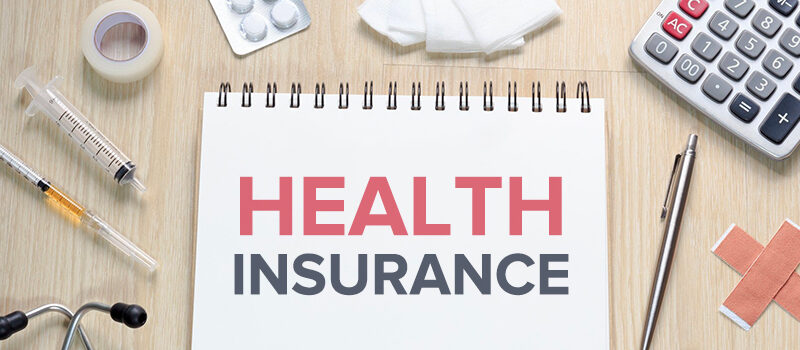Why you should opt for a health insurance before you turn to age 30?
A majority of the country’s youth does not attribute much importance to health insurance plans. This is specifically due to the belief that younger individuals are less likely to encounter significant medical complications.
However, a rise in lifestyle diseases such as respiratory problems, obesity, heart complications, and diabetes among individuals aged below 45 years negates the mentioned belief. Some prominent causes of these ailments among young individuals are a sedentary lifestyle, hectic schedules, food contamination and pollution.
As a result, a financing profile by WHO estimated 67.78% of healthcare costs to be out-of-pocket-expenses. Availing health insurance policies has become increasingly important across different age groups to beat medical inflation while catering to declining health standards. Opting for such financial coverage plans before you turn 30 is especially advantageous, given their multiple benefits.
- Reduced financial burden
As already mentioned, unforeseen health emergencies like accidents or diagnosis of major ailments can result in substantial treatment expenses. Having a health insurance cover can relieve the worries of draining your financial reservoir under such circumstances.
Using this financial aid, individuals can access medical procedures at notable hospitals without incurring overbearing costs.
- Improved mental health
Mental health issues are more prevalent among young individuals. Earlier, all psychological disorders used to come under standard exclusion of health insurance plans in India. However, the Mental Healthcare Act of 2017 mandated all insurance providers to put equal importance on the treatment of mental illnesses and physical ailments.
- Easy approval
Chances of developing complicated health conditions are thin before 30. This helps health insurance buyers avoid the hassles of providing comprehensive medical history during application.
Having any pre-existing ailment diagnosis in your later years can diminish your chances of getting a coverage plan approved. This is why it is always a good idea to buy health insurance policy in your early years to avoid bearing extensive costs of complex treatments in future.
- Low premium
Besides the absence of pre-diagnosed severe ailments, individuals aged below 30 years also have low chances of developing such illnesses in the near future. This reduces an insurer’s financial liabilities and makes them more likely to offer lower premiums to young policyholders. These charges usually remain stable over a long-term health insurance policy. This enables young applicants to avail greater savings on the premium at later stages of life.
- Overcoming waiting period
Most health insurance plans come with a waiting period for specific treatments, lasting up to 4 years. During this period, no claims against pre-existing ailments are admissible. Opting for online health insurance policies before they are 30 gives policyholders substantial time to wait out this period without making any claims. By the age they begin to develop serious ailments, their claims can be approved, and funds disbursed seamlessly.
- Additional no-claims bonus
For every claim-free subsequent year, insurers reward policyholders with a no-claim bonus. This can enhance savings on your future expenses. Some insurers also assure high health insurance sums to individuals with a record of several non-claim years.
Additionally, several plans like those of Bajaj Allianz health insurance policy brought to you by Bajaj Finserv offers free annual health check-ups to policyholders. This way, you can stay updated with any developing health conditions and seek required medical aid.
Signing up for an insurance plan early on can help you opt for maternity cover when required without hassle. Individuals can also get expenses of required fertility treatments like ICSI, IVF, GIFT, etc., covered under such plans. Also, individuals can avail tax benefits on premiums of their best health insurance plan under Section 80D of the Income Tax Act.



